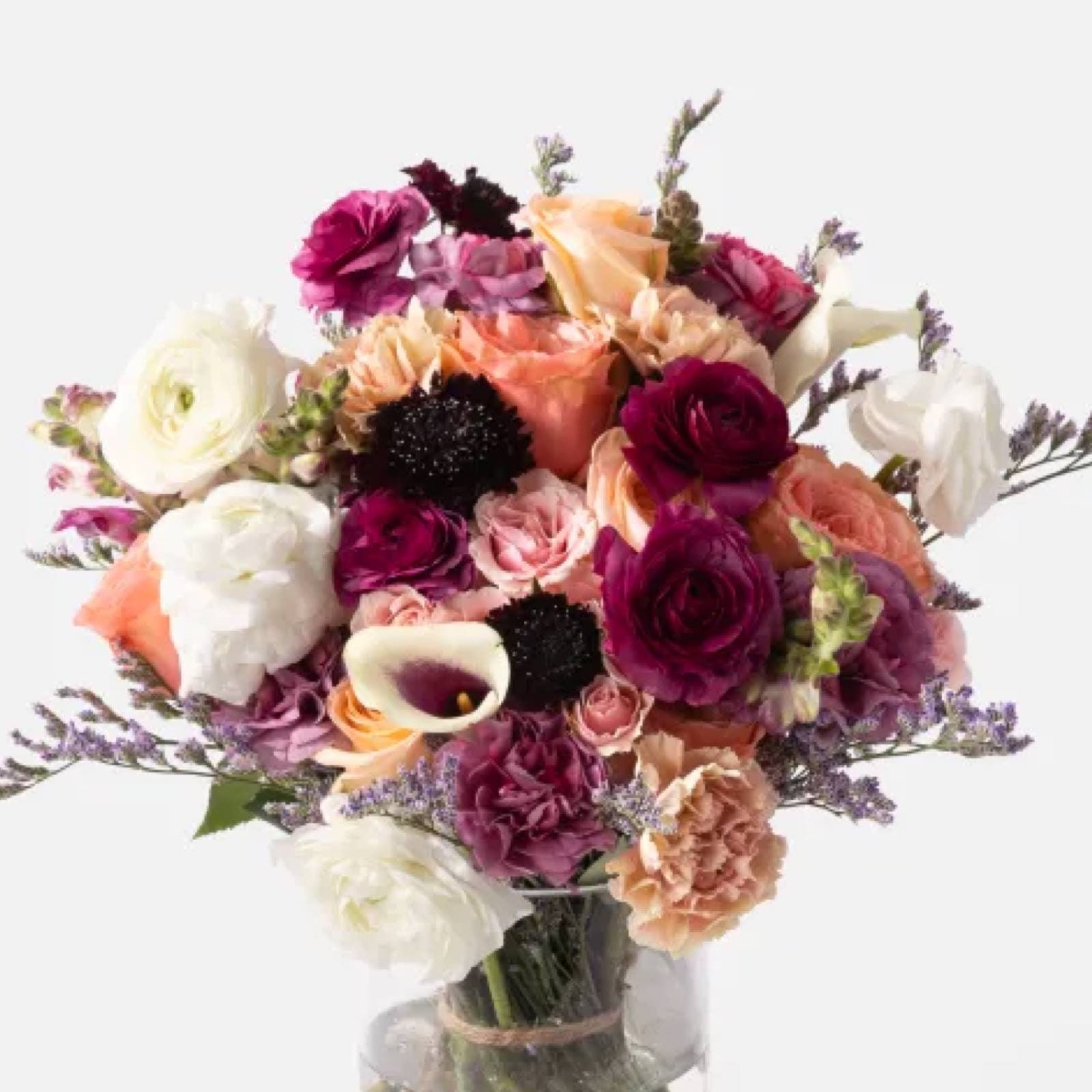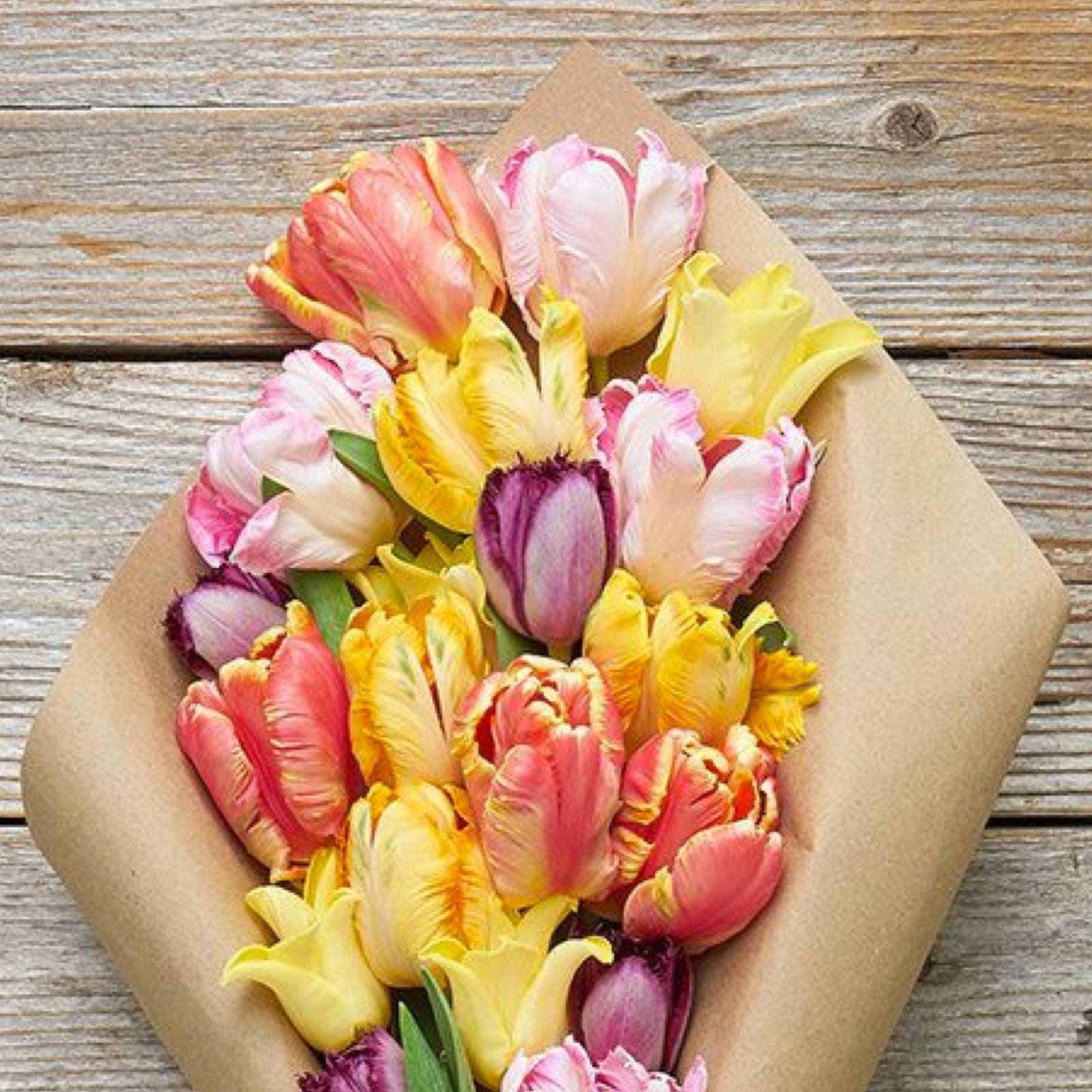She got her millennial-friendly tourism company through the pandemic. She shares how she gets it all done.

Ruzwana Bashir Is the Reason Your Instagram Is All Zip Lines and Waterfalls
Ruzwana Bashir’s story unfolds as if it were dreamed up by a writer’s room determined to stoke young women's ambition. It's the kind of story we love to hear. And the kind, Bashir says, that we should be wary of believing.
Here's how it goes: Bashir grew up in a close-knit, conservative Pakistani immigrant community in England. Her father sold produce at a stand, and she didn't know any women who pursued higher education or processional work. But Bashir went from triumph to triumph. She got into Oxford, where she became president of the school’s storied debate society. She was a Fulbright scholar. She graduated from Harvard Business School.
Then she launched Peek, a site that links savvy travelers with small tourism businesses—think swimming with pigs in the Bahamas, cliff-jumping in Costa Rica, riding horses along the southern California surf. Bashir successfully monetized the millennial fetish for experiences and managed to keep a travel business afloat during a pandemic. Now, she says, business is almost vertical. Bashir is exalted in media about entrepreneurs, and is usually photographed in perfect lipstick and matching heels.
It’s an addictive narrative—the kind that makes us feel like with enough hard work, anything is possible. And she's extremely clear that her story should not to be used to promote that idea. “The myth of meritocracy is extremely dangerous,” she tells Glamour. “Most people whose families come from backgrounds like mine are not able to make these moves.” She had a teacher who helped her see a university in her future, she said, and a knack for academics. But she was, she argues, simply lucky. “We have this problem in our society where we assume that everybody’s successes are based on the inputs that they put in,” she says. “Talent is distributed equally in our population, but opportunities aren’t.”
She hopes to use her success to widen the path for people who aren’t born into opportunity. That starts with being honest about her own situation. Sure, she’s the CEO of a company that helps fill Instagram with pictures of white sand beaches, rainforest zip-lines, and waterfalls. But she can’t tell you how to joyfully leap out of bed at 4 a.m. for a day of gratitude journaling and girl-boss success, because that's not her. For Glamour's Doing the Work column, she just has the basics—tips on overcoming fear of failure, her trick to dealing with disappointment, and okay, one recommendation for an adaptogen-based, sludge-green “productivity drink,” because she is a millennial tech founder, after all.
Her first real job
My first paid job was being a waitress at my university. I was absolutely terrible at it. I tried! They made you clean the toilets as well as waitress duties. I was actually really bad at all parts of the job. I think I lasted about three weeks.
How she feels about the concept of a “morning routine”
I’m not a morning person—I don’t necessarily have a routine because I’m honestly trying to squeeze in any minute of sleep that I can get. I love to work at night, I can stay up very late by accident. My one routine without fail is that I have a cup of tea before I do anything. I'm very English about that—I drink an English breakfast tea or matcha, and start looking at my inbox and get a sense of what needs to happen before my day begins. During the pandemic, the time it takes to get from my bed to my desk is a matter of minutes.
Sometimes I’ll manage to do 10 minutes on the Calm app or do a gratitude journal entry, but for honesty, I feel I should reveal that that’s more aspirational than it is actionable. My weekend routine is different—I get the paper, I make brunch, and have a cup of tea, and do journalling. But during the weekday it’s straight at-it.
A piece of professional advice that has stuck with her
You’re so much more capable than you think you are.
Having come from a more unusual background where in many ways i didn’t feel like I fit in. In the UK especially, I think we have more of an obsession with class—I was this poor kid coming to Oxford and trying to make my way in the world. I was always trying to prove to other people that my opinions were worth something. I don’t think I had a lot of confidence, and I was scared to take risks. I ended up taking jobs after university that were about proving that I was smart and capable—I worked at Goldman Sachs and then at Blackstone. I don’t know if those jobs were the right environment culturally, but I felt I had to show that I was smart enough to have a career in business. As women, we tend to second guess ourselves even more. But the things you’re scared about—lean into those. That’s where you’re really gonna learn and grow—those riskier moments, where you get the higher reward.
How she escapes after a bad day
I reward myself with some pizza and some chocolate cake, get a good night’s sleep and then start again. When you’re dealing with hardship, give yourself comforts that help. I know for some people that might be exercise! But for me it’s chocolate cake and a full night of sleep.
Advice she would give her younger self
Be comfortable with the idea that you might fail. Failure, for me, used to be such a scary thing because it wouldn’t mean that I failed at that one thing, it would mean that I failed at everything. I didn’t have a good sense of what it meant to fail, and I was scared of what the implications of that might be. But the cliché is true— failure is how you learn.
As an entrepreneur, you see a lot of journeys. One of the problems is that we only see people when they are able to be really successful, when people seem to have become overnight successes. A really great example of that is Clubhouse—I’ve been friends with the founder for almost a decade, and I’m an angel investor. He's brilliant, he’s been tinkering with the idea with how people can connect with social networks for that whole time. He had a company that didn’t work, he’s had a couple of failures. There’s no one that deserves the success more—but it has been a journey, it hasn’t been a quick win.
How she deals with disappointment
The process of fundraising for companies is very challenging because you get a lot of noes. When you start the business and it's your baby, you can take that very personally. I found that really challenging. I actually had to start changing my mindset to work on not being so impacted by the last thing that happened. I had this recency bias—if the last thing I did was great then I was great, and if it was bad then I was bad. It’s a lot of hard work to be constantly modulating your feelings based on the very recent past!
The other thing is learning to recognize that the things you do aren’t who you are. You need to be able to understand that and separate those two things. Every last success or failure shouldn’t impact how you feel about yourself.
Her workday essentials:
I just sit in front of Zoom all day, and I've found that it is really nice to have fresh flowers in front of me. It really brightens my day. I buy them locally in Soho to support small businesses. They’re a perfect burst of nature indoors.

Urban Stems
$150The Manhattan
The Bouqs Co. Strength Bouquet
$54The Bouqs Co.I love these tips from Everyday vitality: turning stress into strength. It's a great book from well-known psychiatrist Samantha Boardman, that offers science-backed strategies.
I take this thing called Magic Mind—it’s a productivity drink, it’s like matcha and it's part of my morning routine. I take it with my tea, and it helps me.

"Everyday Vitality" by Samantha Boardman, MD (August 10)
$25.99Amazon
Magic Mind
$4.95Magic MindJenny Singer is a staff writer for Glamour. You can follow her on Twitter.
This story originally appeared on: Glamour - Author:Jenny Singer



























